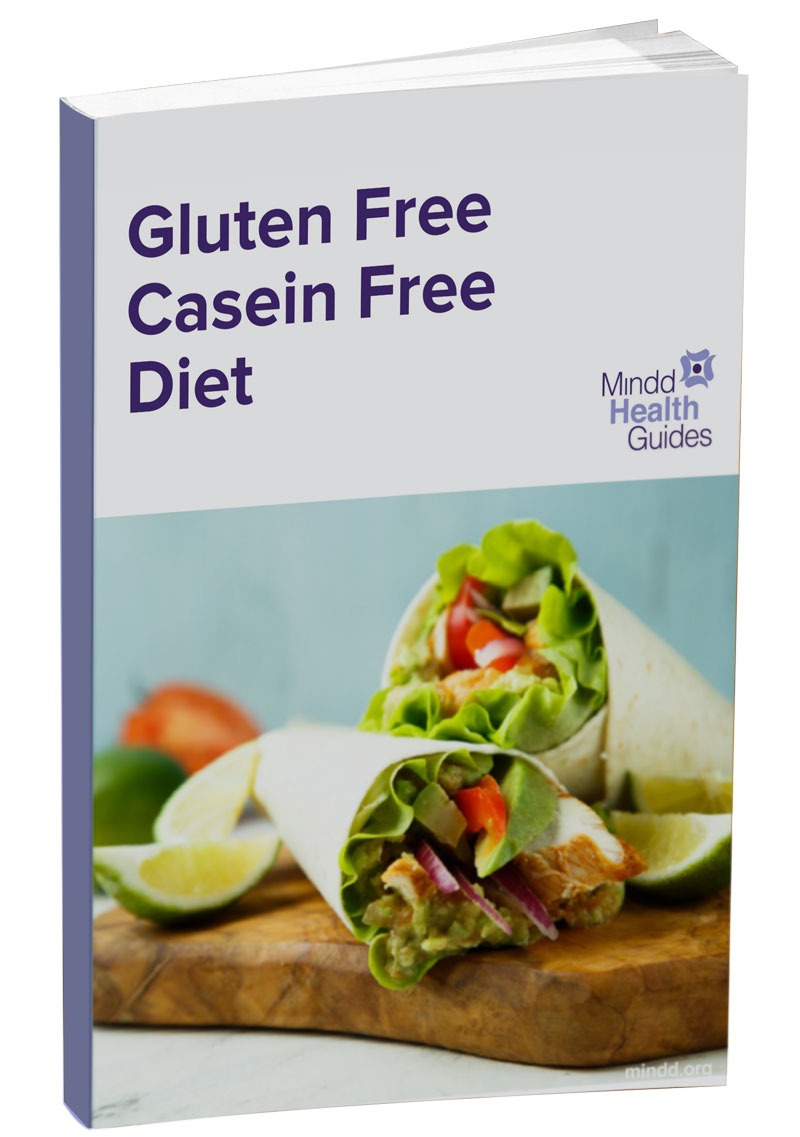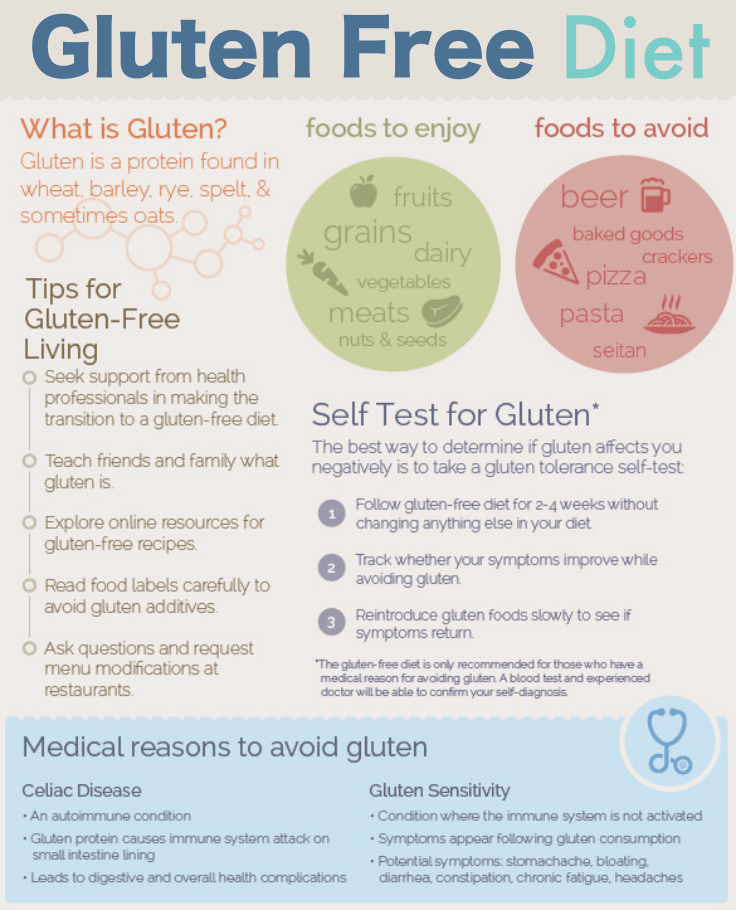Gluten Free Diet And Mental Health
Thursday, April 20, 2023
Edit

Gluten Free Diet: How It Can Affect Your Mental Health
The gluten-free diet has become increasingly popular over the last few years, with many people opting for it for various reasons. But what many people may not know is that following a gluten-free diet can have a profound impact on your mental health. Here we discuss some of the potential benefits and drawbacks of following a gluten-free diet and how it can affect your mental health.
What Is Gluten?
Gluten is a protein found in wheat, barley, and rye. It is also found in other grains and foods, such as spelt, kamut, and triticale. When people with a gluten sensitivity or intolerance consume gluten, it can cause a range of symptoms, including bloating, abdominal pain, and diarrhea. For this reason, many people opt to follow a gluten-free diet.
The Potential Benefits of Gluten-Free Diet
One of the potential benefits of following a gluten-free diet is improved mental health. Many people who suffer from depression, anxiety, and other mental health disorders report feeling better after cutting out gluten from their diets. Studies have shown that following a gluten-free diet can reduce the symptoms of depression and anxiety.
In addition, cutting out gluten from your diet can also lead to improved physical health. Studies have shown that people who follow a gluten-free diet tend to have lower levels of inflammation in their bodies, which can help reduce the risk of developing certain diseases such as heart disease and cancer.
The Potential Drawbacks of Gluten-Free Diet
While there are potential benefits to following a gluten-free diet, there are also potential drawbacks. One of the biggest drawbacks is that it can be difficult to get all of the nutrients that your body needs. Since gluten is found in many grains and other foods, cutting out gluten can mean cutting out some important sources of vitamins and minerals.
In addition, following a gluten-free diet can be expensive. Many gluten-free products are more expensive than their gluten-containing counterparts, which can make following a gluten-free diet difficult for some people.
The Bottom Line
The gluten-free diet has been linked to improved mental health and physical health in some people. However, it is important to note that following a gluten-free diet is not right for everyone and there can be potential drawbacks. If you are considering following a gluten-free diet, it is important to talk to your doctor first to discuss the potential benefits and drawbacks and to make sure that you are getting all of the nutrients that your body needs.
Benefits Of Going Gluten Free. One common characteristic of gluten

Mindd Health Guide Gluten Free Casien Free Diet

Gluten Free Diet : Gluten Free Diet Plan - Find Anti-Inflammatory Meals

Gluten Free For Beginners Go gluten free and maximize your health and

Example Of Healthy Gluten Free Diet - eat yourself healthy diet

Pin on LEAKy Gut

Pin on GLUTEN FREE

Here’s Why You Are Gaining Weight On A Gluten-Free Diet

I Must Eat Gluten Free. I Choose to Eat Healthy

How To Lose Weight Following The Gluten Free Diet - Fitneass
